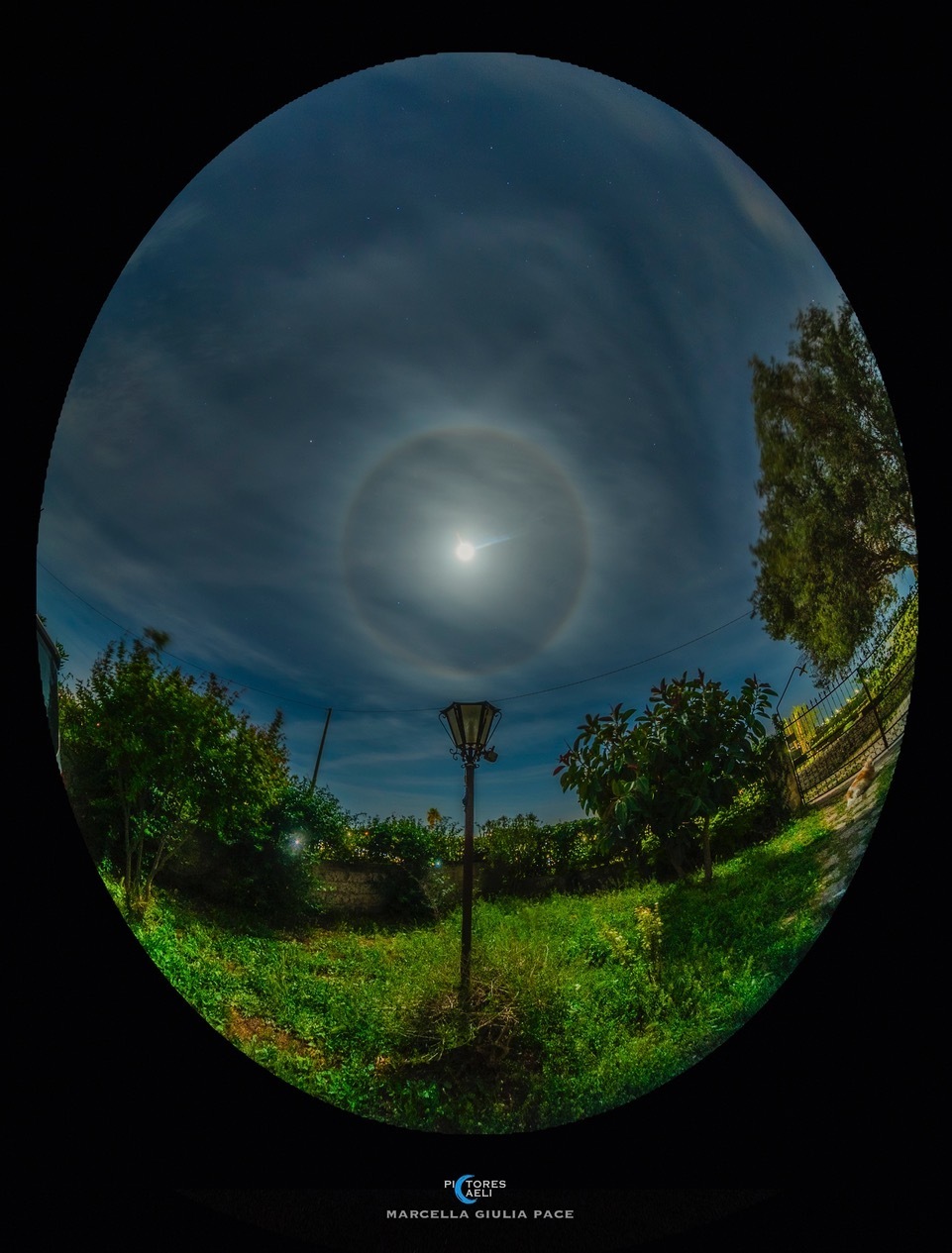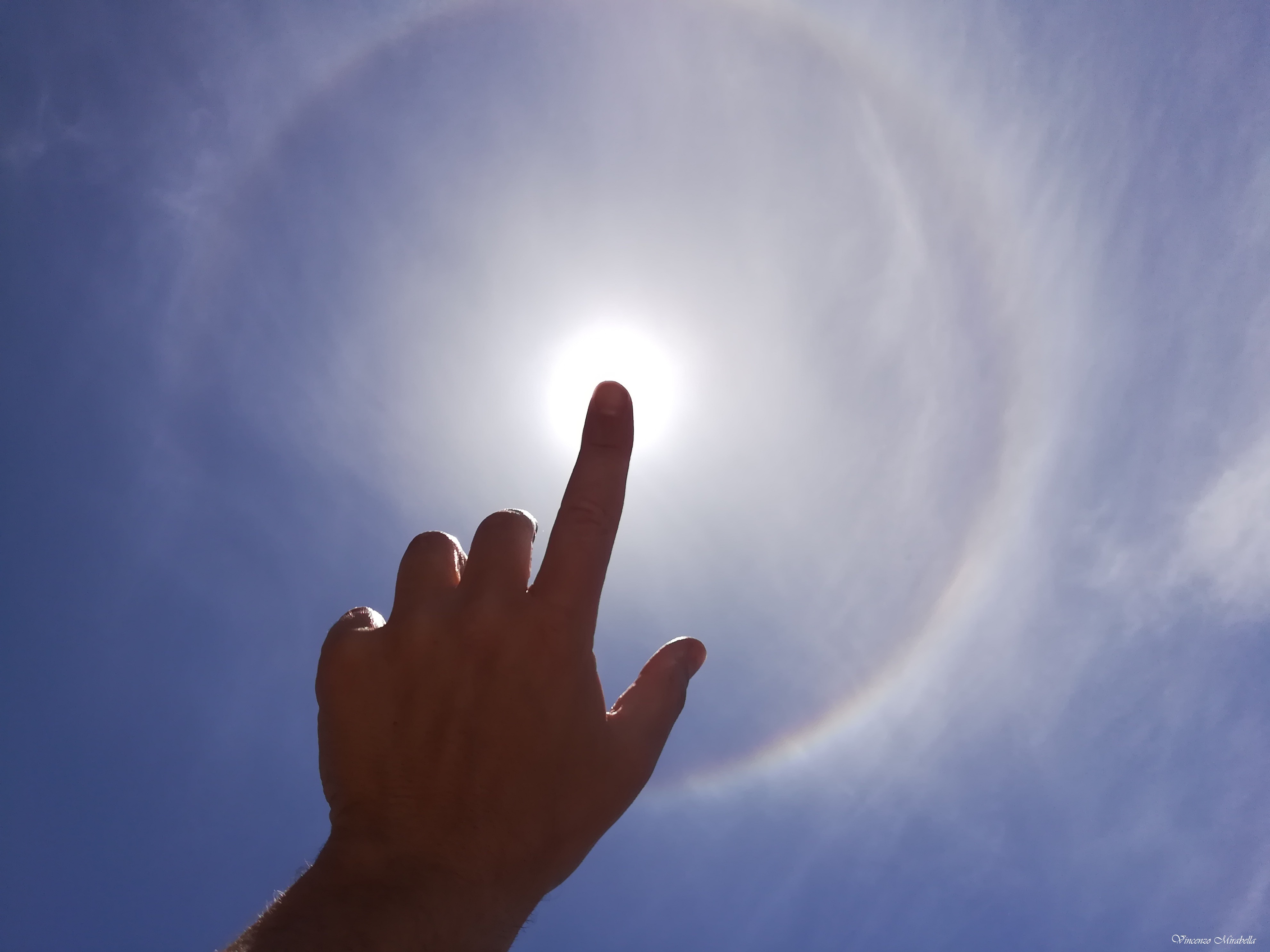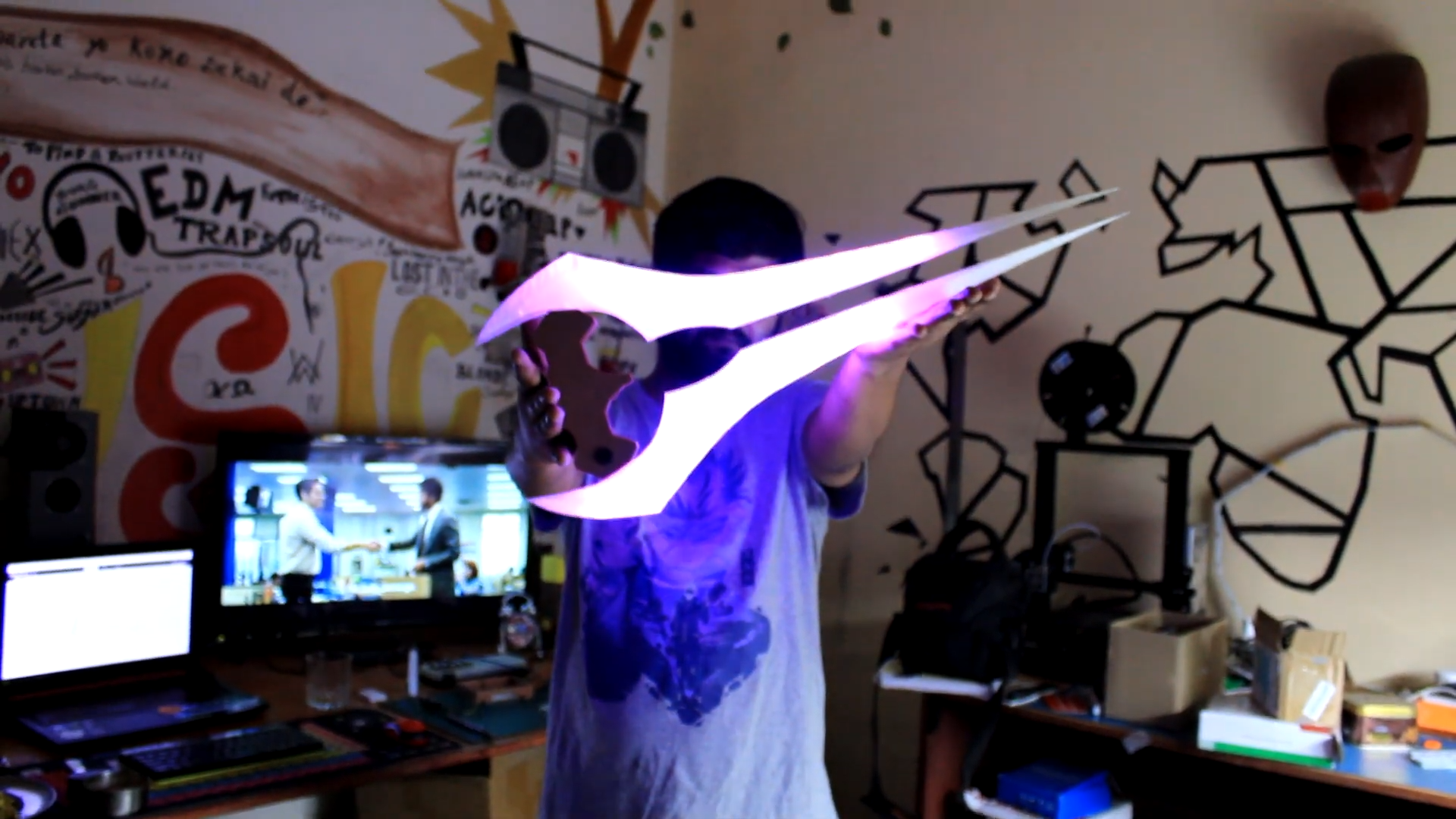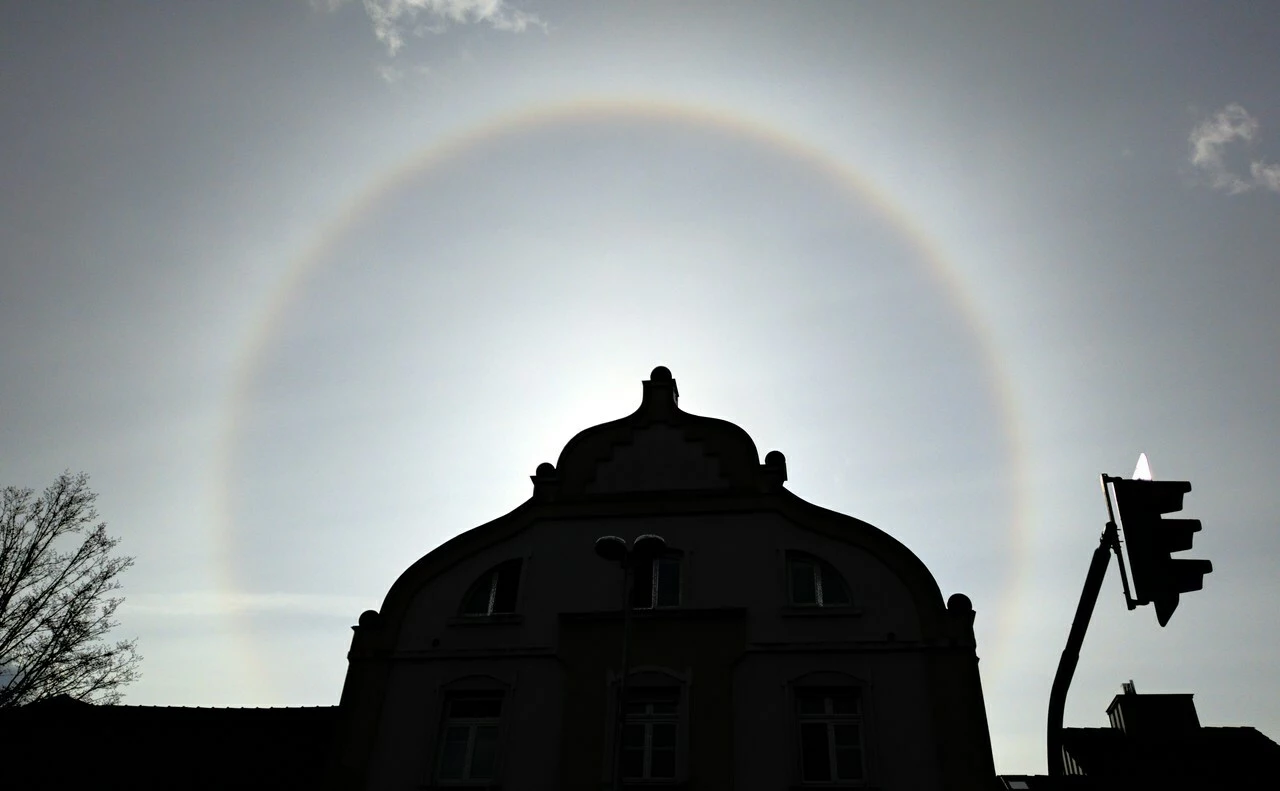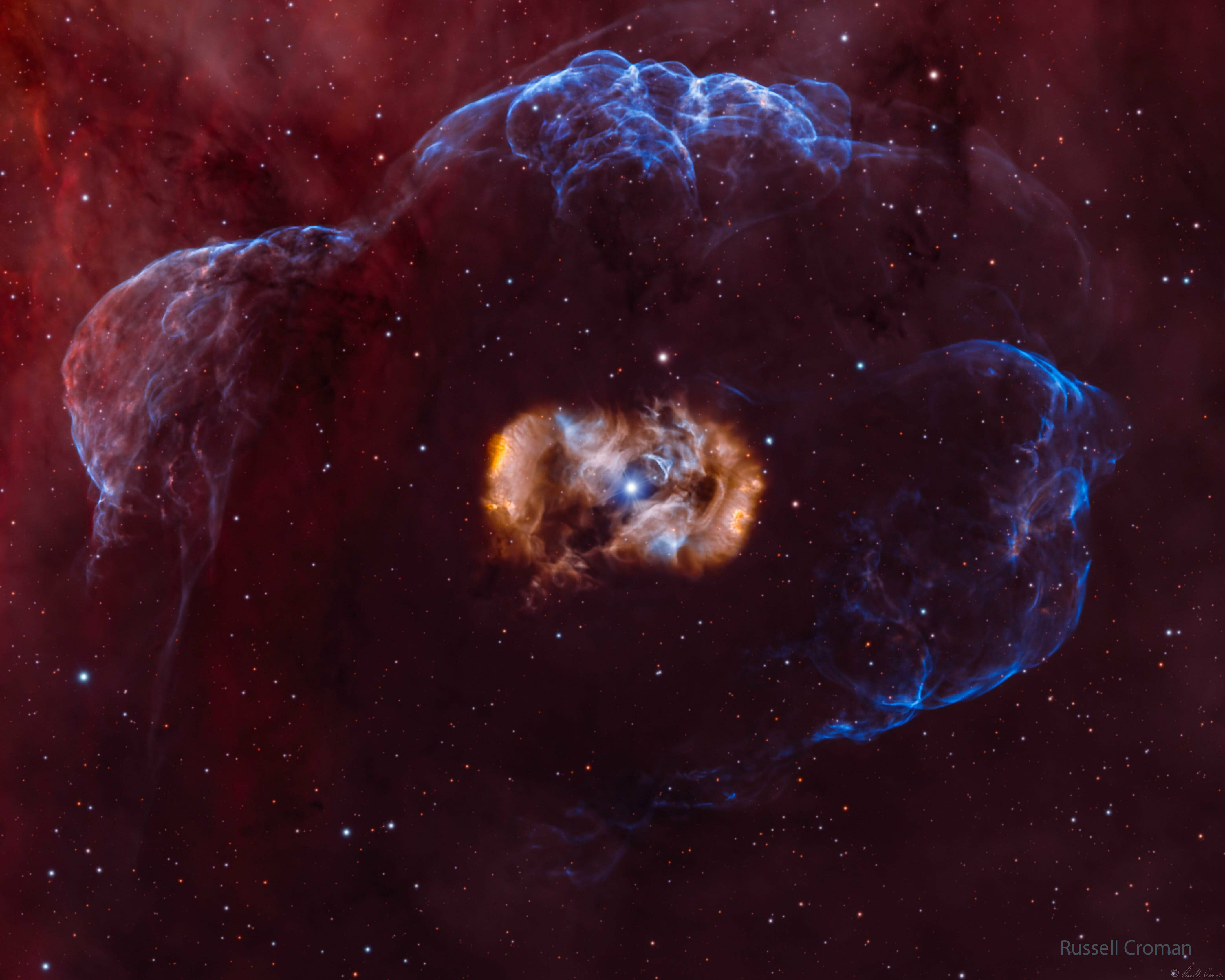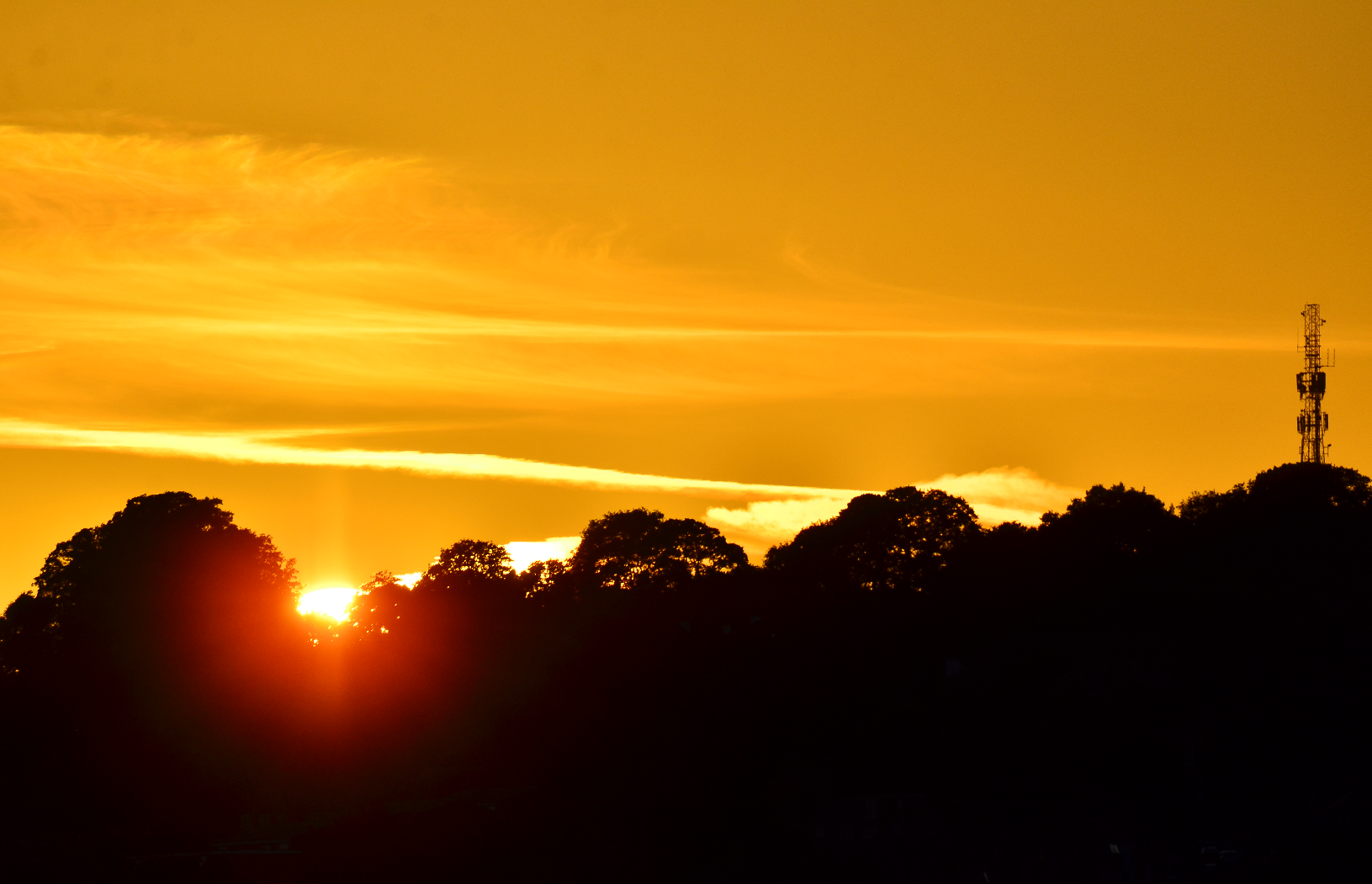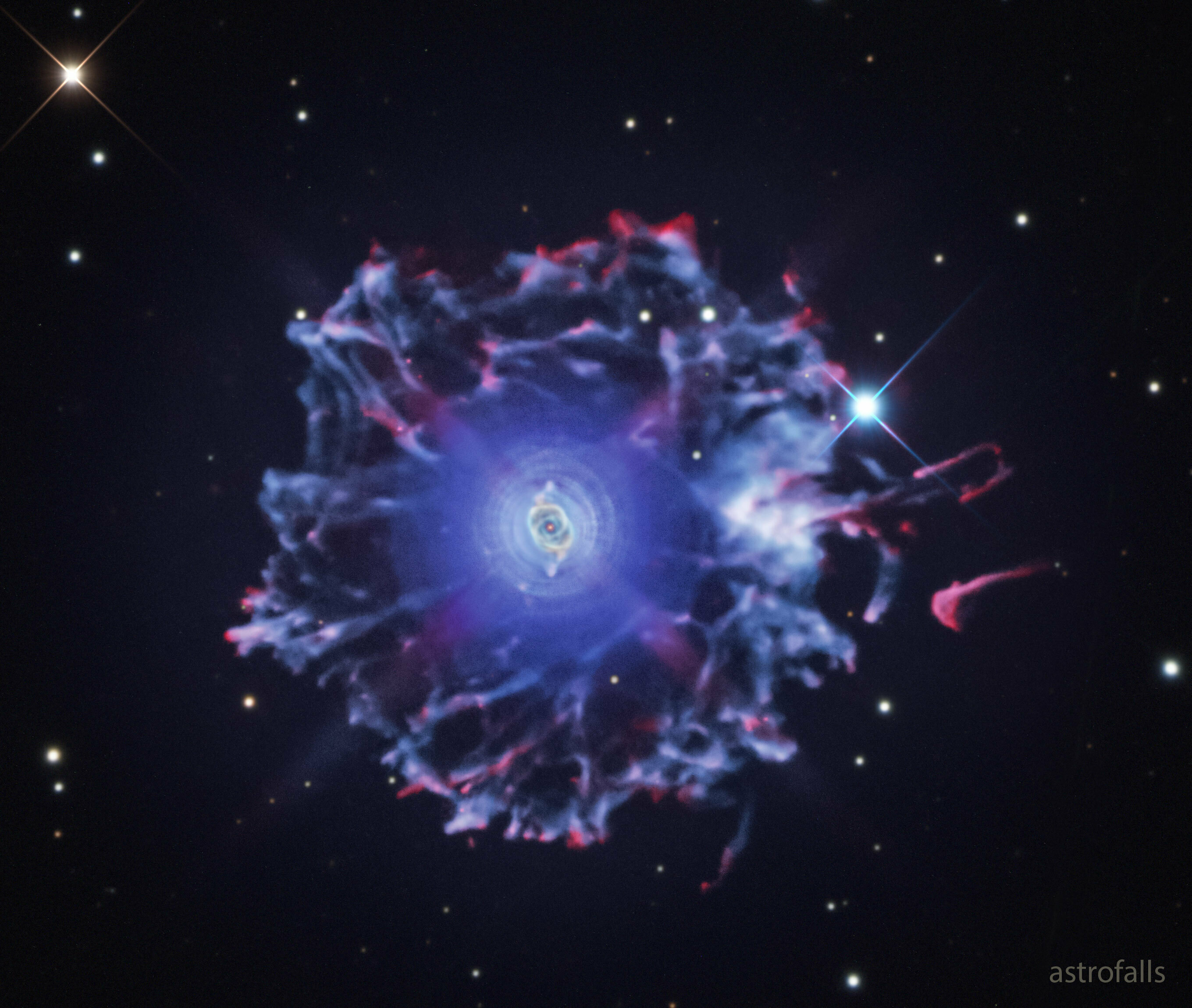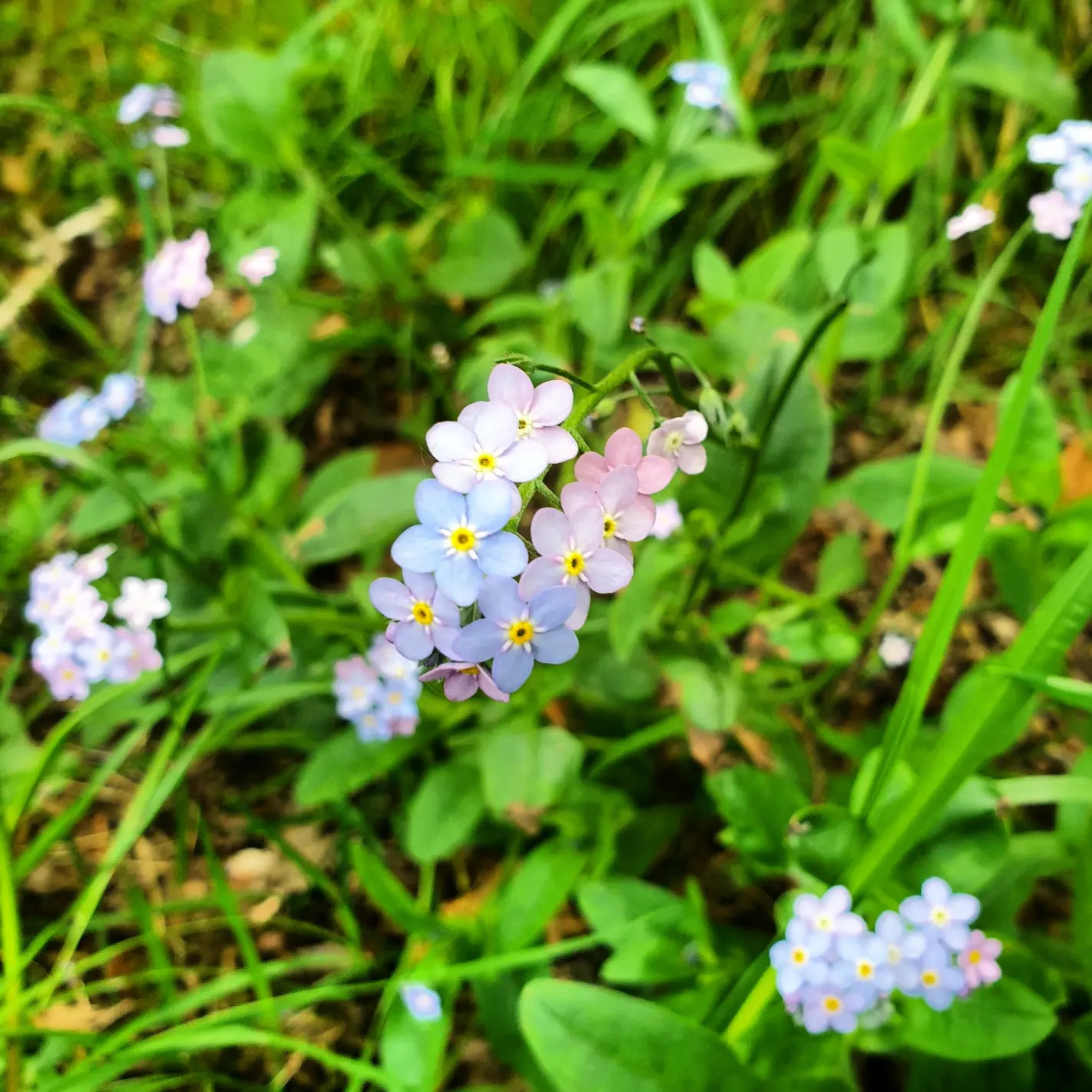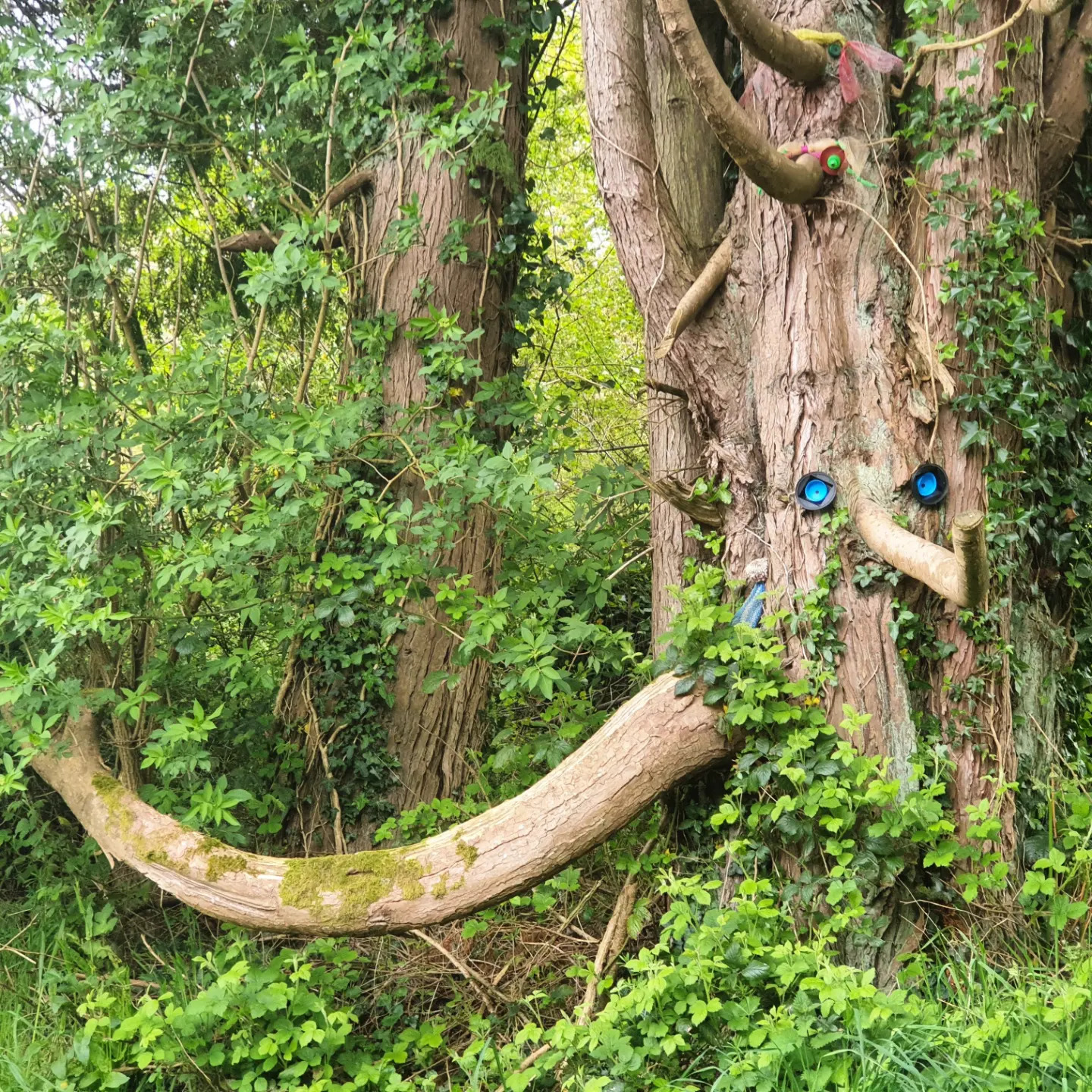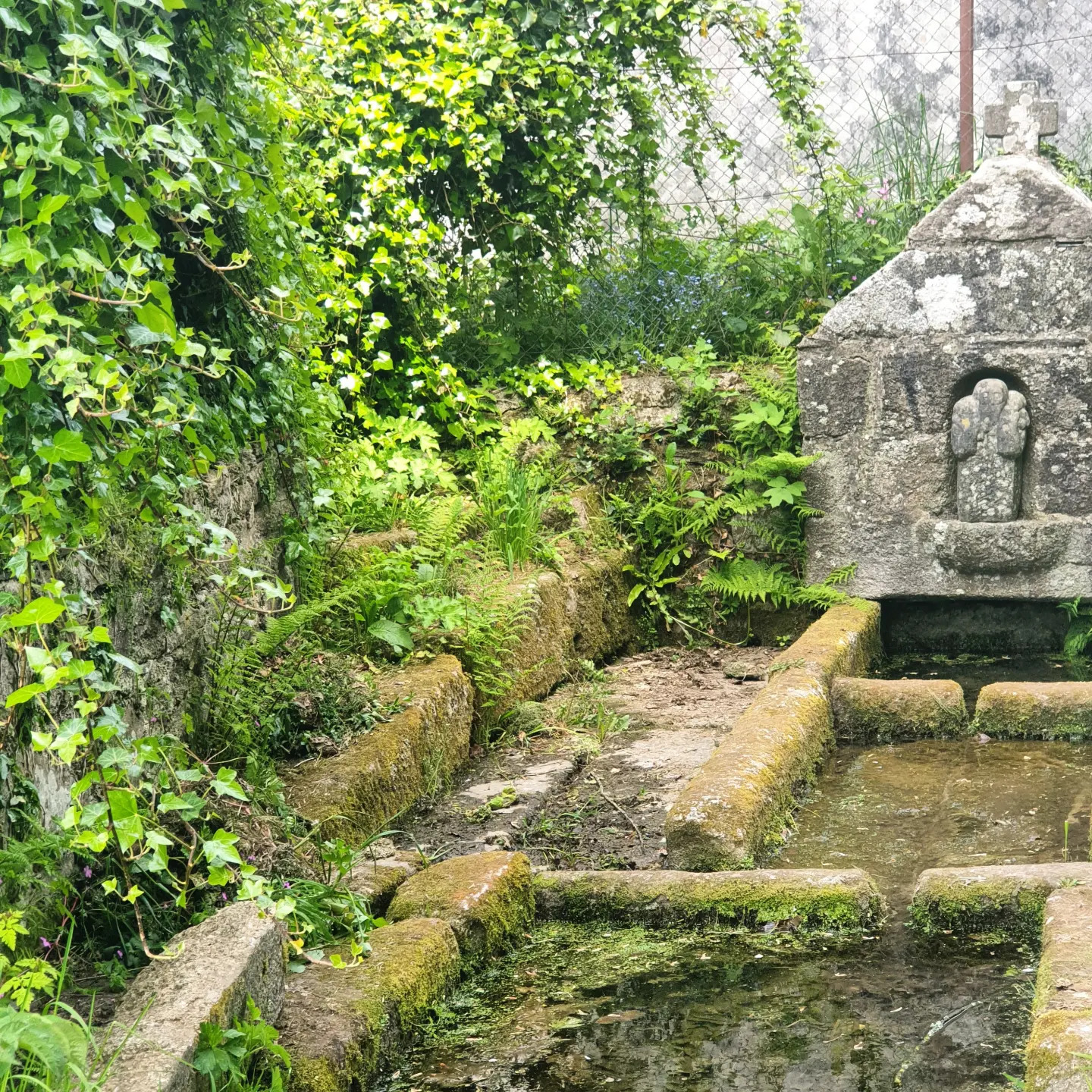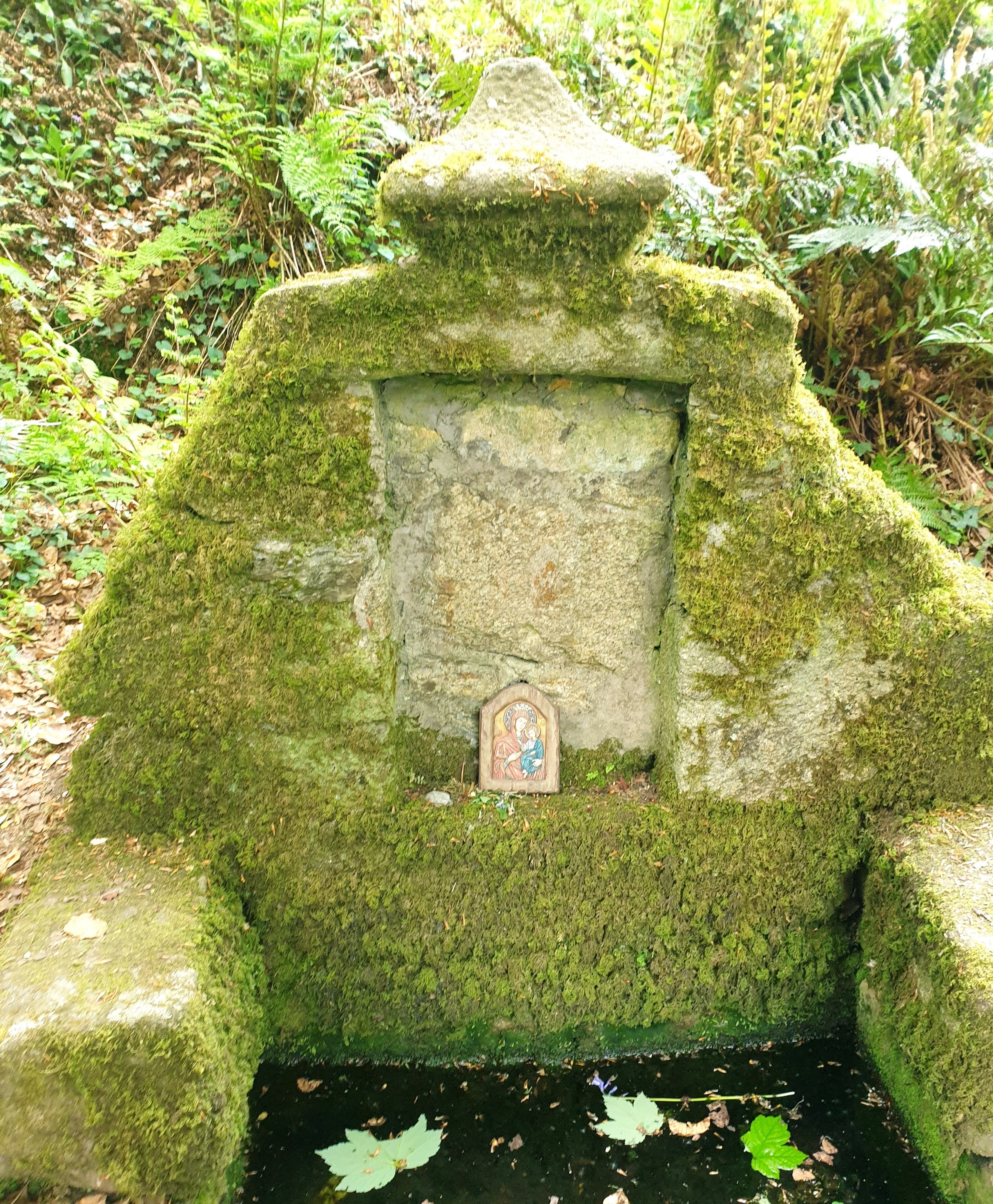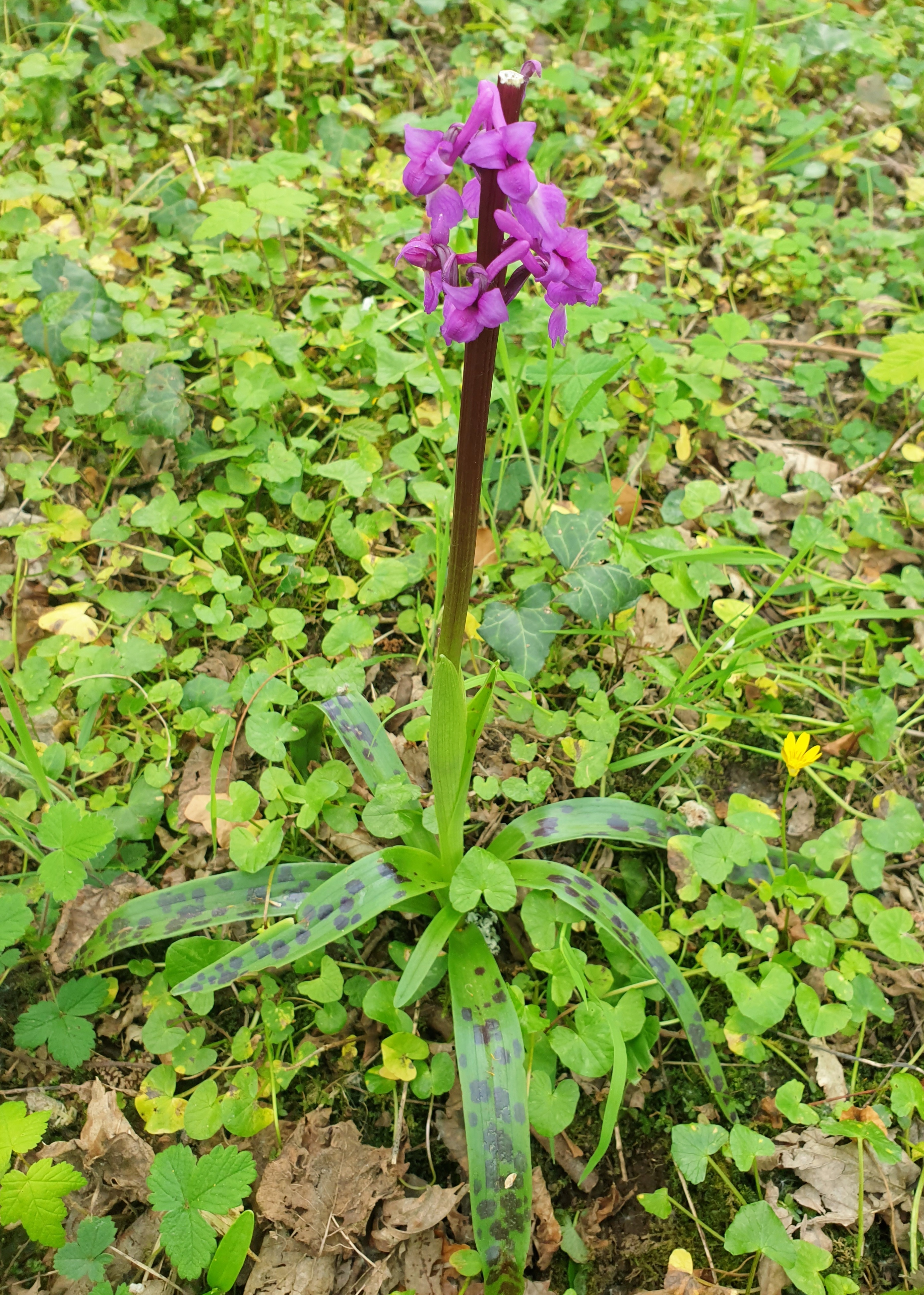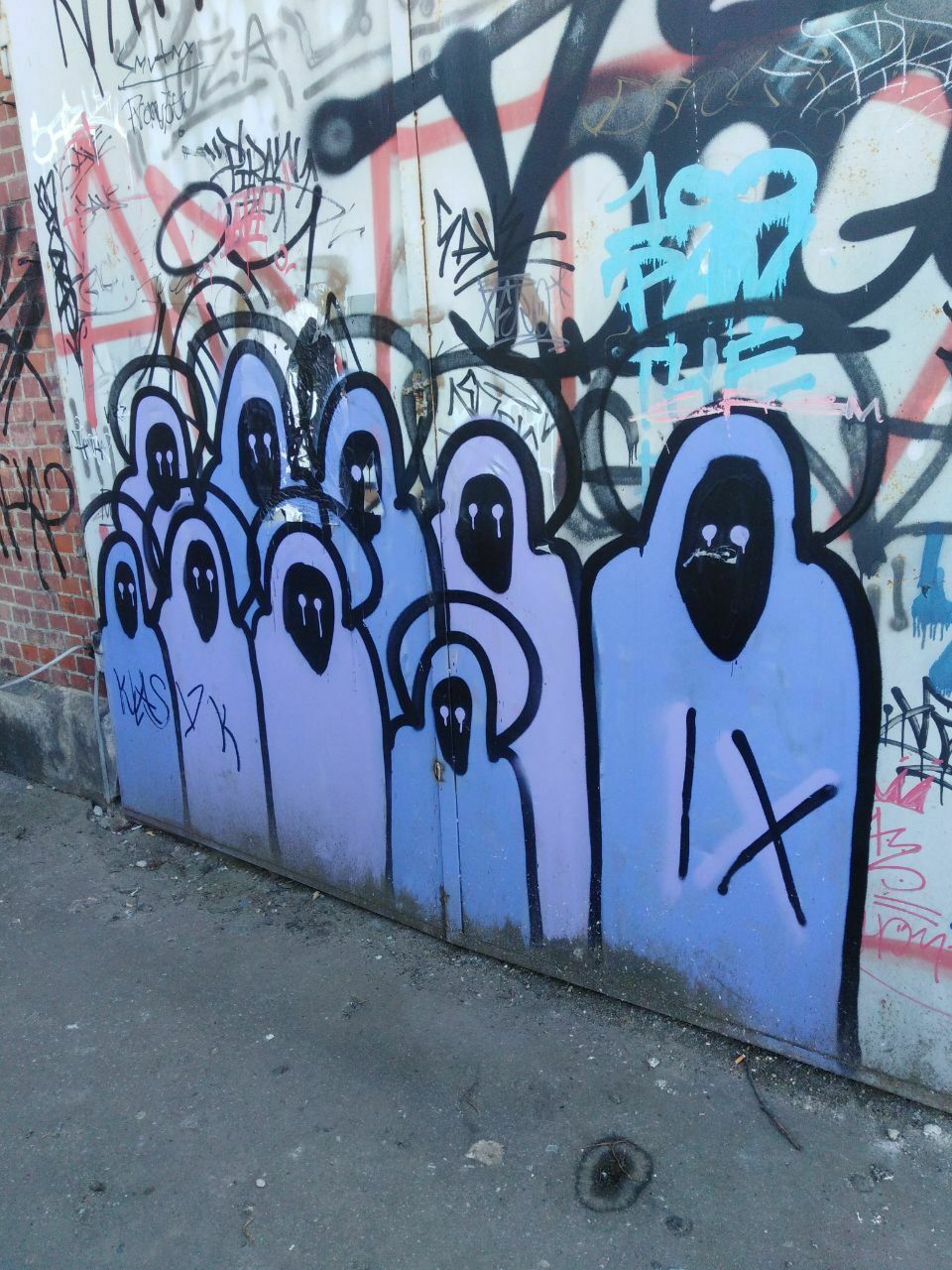#halo
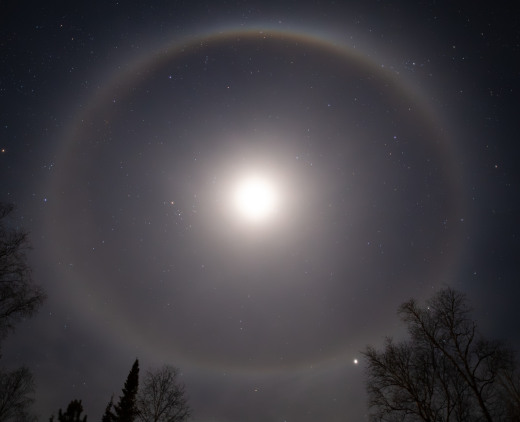
OVAL #MOON #HALO: Moon halos (rings of light around the Moon caused by ice crystals in the air) are supposed to be circular. "Last Friday I looked out the window and saw a Moon halo--but it was not round at all," says Lauri Kangas of Amethyst Bay, Ontario, #Canada:
https://spaceweather.com/
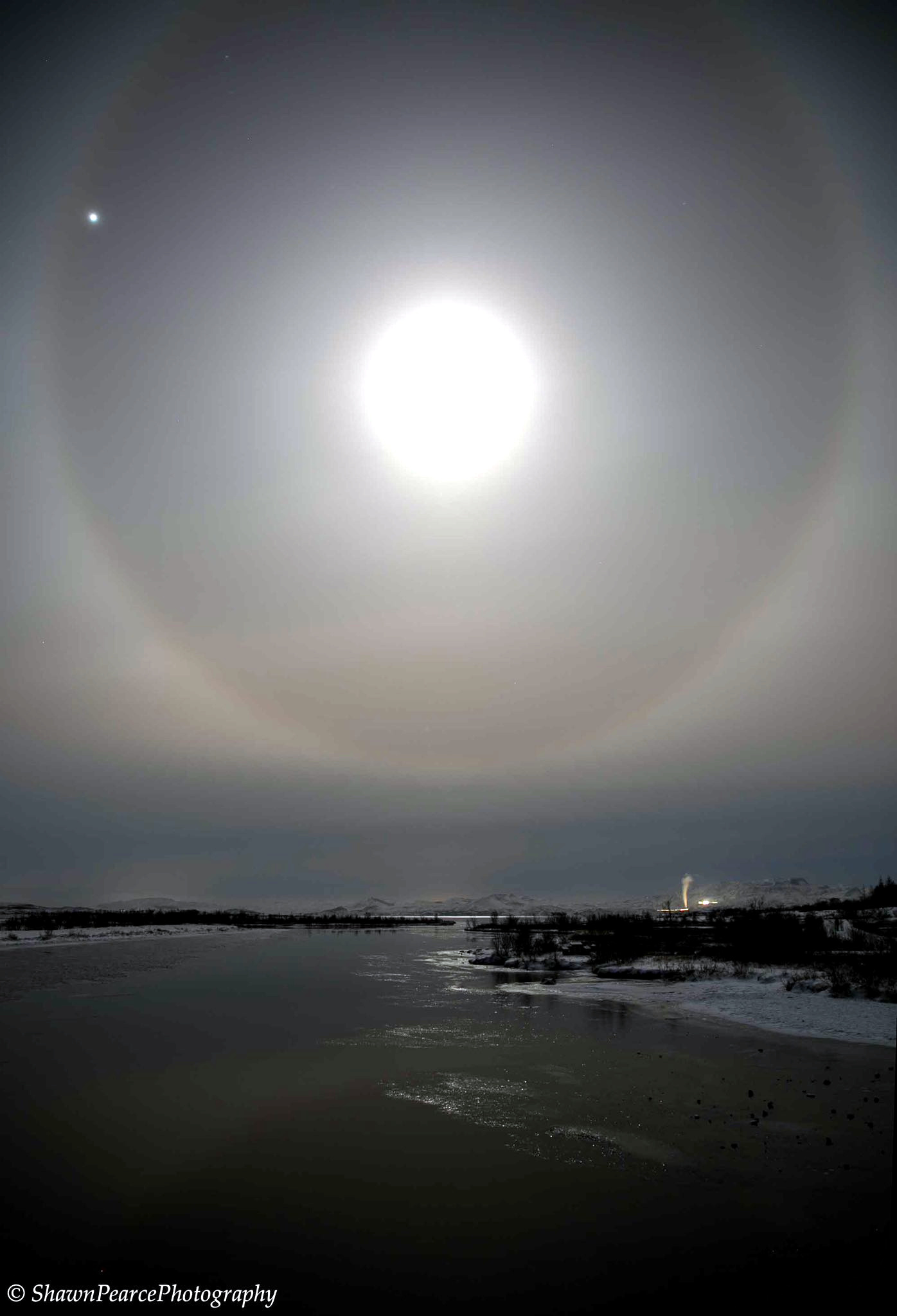
Had a great few days celebrating my #birthday in #Reykjavik, #Iceland! Unfortunately didn’t get to see the #northernlights but was blessed to see a 22 degree #moonhalo! pic by @spearcephotos
#moon #halo #goldencircle #travel #weekend #citybreak #pictureoftheday #picoftheday #photooftheday #photography
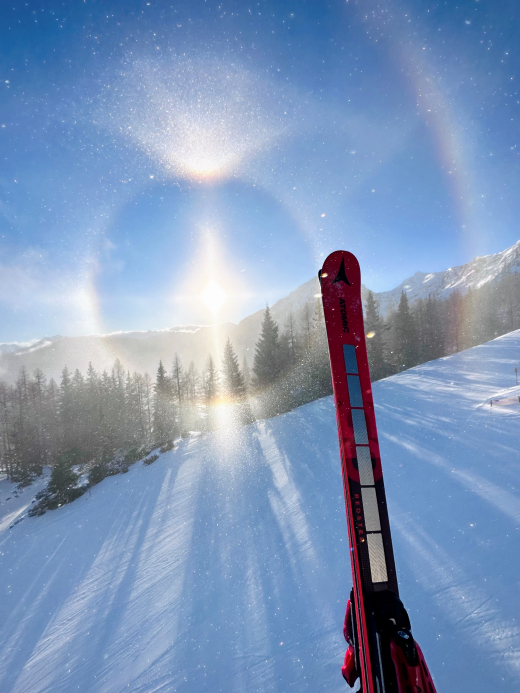
#DIAMOND #DUST #SKI #HALO: Ski resorts are great places to see sun halos--rings of light that surround the sun when ice crystals fill the air. Spaceweather.com reader Christian Schartner was skiing at Reiteralm ski resort in #Austria this morning when he witnessed this specimen:
" #Winter has finally returned to Austria," says Schartner. "Today, I skied at -10°C. Several nearby snow cannons created sparkling #crystals, creating the perfect conditions for 'ski halos.'"
Snow cannons were key to this display. Ordinary sun halos are caused by ice crystals forming naturally in high cirrus clouds. Snow making machines create a spcial type of crystal called "diamond dust." These man-made crystals tend to be more optically perfect than natural crystals in clouds, producing extra-bright, extra-sharp halos.
A close look at Schartner's picture shows specks of light in the air. Those are the glittering crystals of diamond dust which make ski halos so beautiful.
https://spaceweather.com/
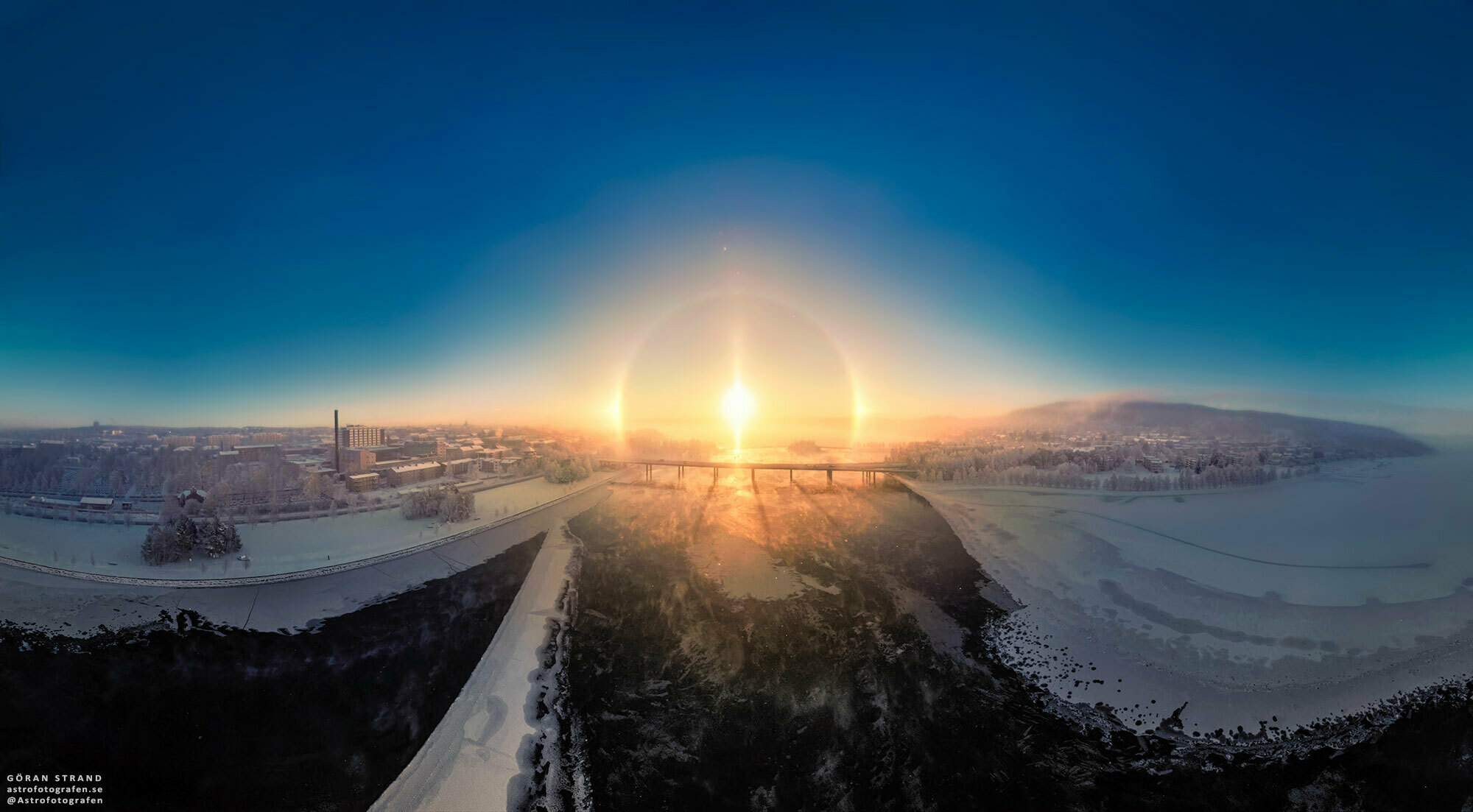
#Sun #Halo at Sixty-three Degrees North
#Astronomy #Picture of the Day
A #terrestrial demonstration of why it's just about impossible to see the #Moon's surface and #stars simultaneously. Tonight the Moon and #Jupiter (a wandering star or #planet) are in #conjunction -- well just about. And here are two images taken with two different #exposure time.
The first is with a #ShutterSpeed of 1/6 s. The lit part of the Moon is a white featureless blob but, because it's a #misty #night, there's a wonderful #ice #halo which shows #colours from the #VisibleSpectrum. You can see Jupiter directly above.
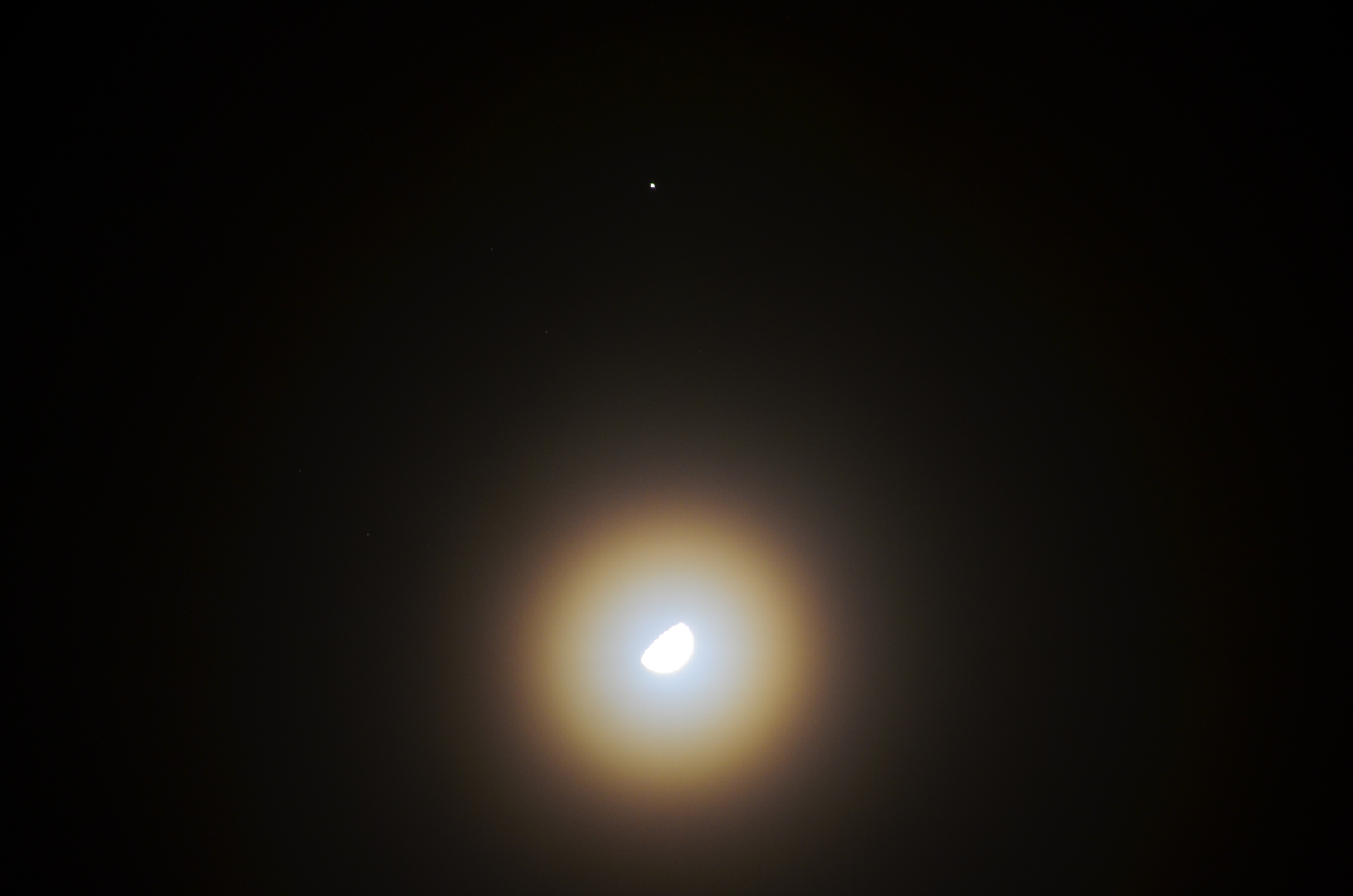
Next, with a shutter speed of 1/100 s, the #surface of the Moon shows much more contrast but you can barely see Jupiter. Also, the #fog is also invisible.
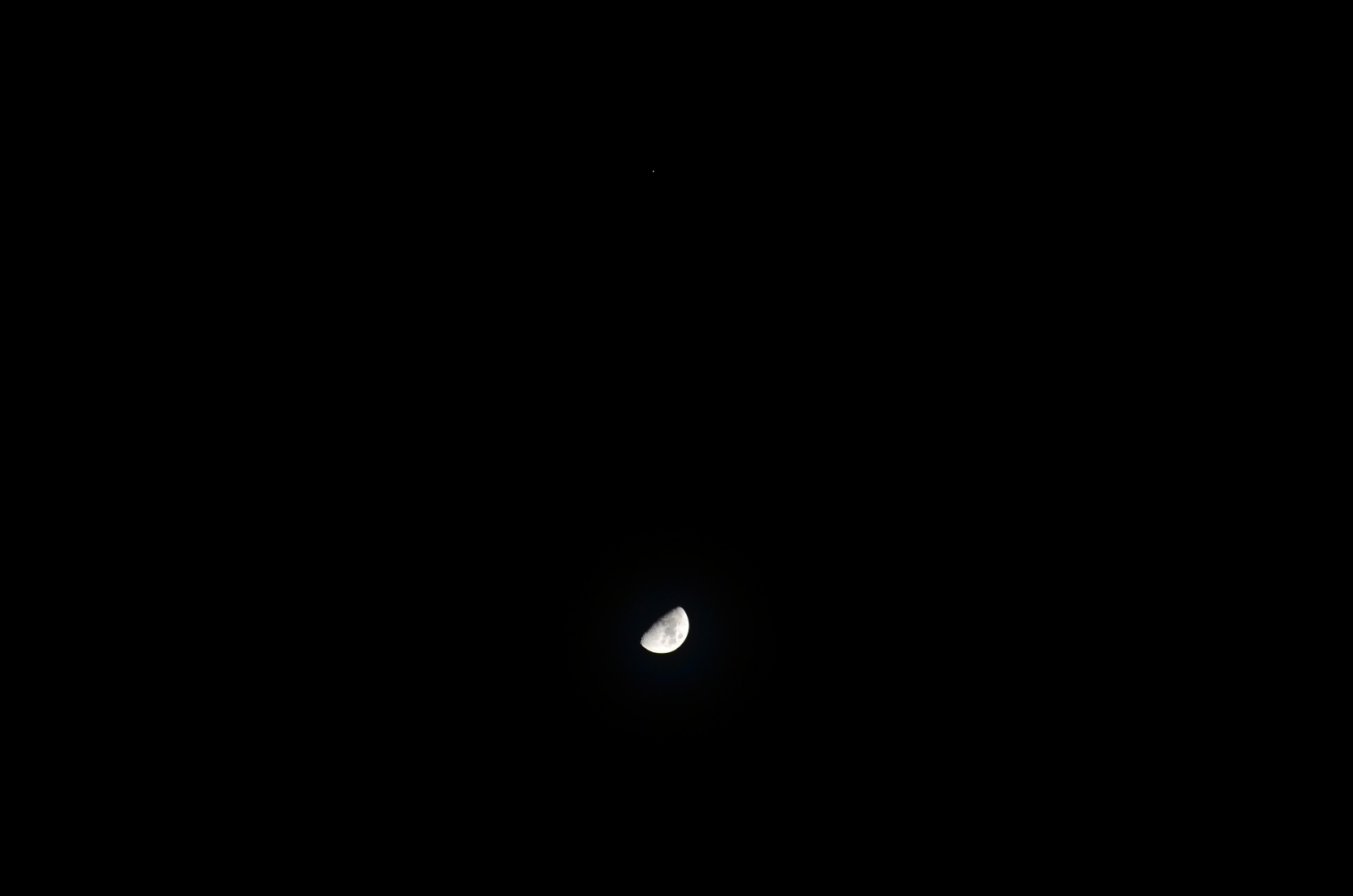
#MyWork #MyPhoto #CCBYSA #DSLR #Nikon #D7000 #Autumn #BackyardAstronomy
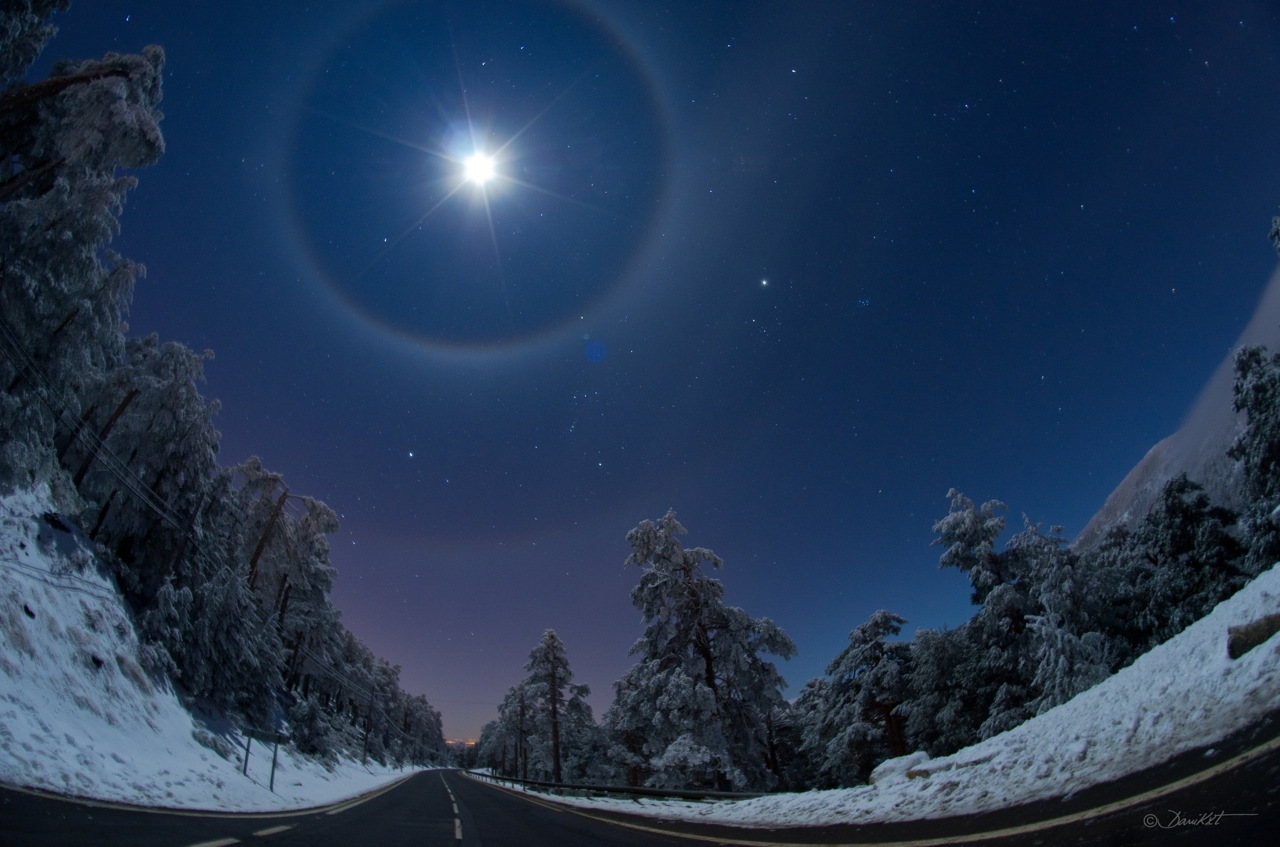
Quadruple #Lunar #Halo Over #Winter Road
#Astronomy #Picture of the Day
Bom-dia :) - APOD: Quadruple Lunar Halo Over Winter Road (2022 02 de janeiro) -
#Halo lunar quádruplo sobre uma estrada de inverno (2022 02 de janeiro) -
https://apod.nasa.gov/apod/ap220102.html -
Às vezes, cristais de gelo caindo transformam a atmosfera em uma lente gigante, fazendo com que arcos e halos apareçam ao redor do Sol ou da Lua. Uma noite de sábado em 2012 foi exatamente um desses momentos perto de Madrid, Espanha, onde um céu de inverno exibia não apenas uma lua brilhante, mas quatro raros halos lunares. O objeto mais brilhante, próximo ao topo da imagem apresentada, é a lua. A luz da Lua refrata por meio de cristais de gelo hexagonais em um raro halo de 22 graus visto ao redor da lua. O alongamento do arco de 22 graus horizontalmente é um halo circunscrito mais raro causado por cristais de gelo em coluna. Ainda mais raro, algum luar se refrata através de cristais de gelo giratórios mais distantes para formar um (terceiro) arco semelhante a um arco-íris a 46 graus da Lua e aparecendo aqui logo acima de uma pitoresca paisagem de inverno. Além disso, parte de um halo circular de 46 graus também é visível, de modo que um halo quádruplo extremamente raro - especialmente para a Lua - foi capturado. Bem ao fundo está uma famosa paisagem celeste de inverno que inclui Sirius, o cinturão de Orion e Betelgeuse - visível entre os arcos interno e externo. Halos e arcos duram normalmente de minutos a horas, então se você vir um, deve haver tempo para convidar a família, amigos ou vizinhos para compartilhar sua vista incomum do céu. - Crédito de imagem e direitos autorais: Dani Caxete - Tradução do Google -
O fenômeno #Halo do #Sol foi capturado na Suécia. O efeito é causado pelo reflexo da luz nos cristais de gelo da atmosfera. -
https://pic.twitter.com/jAHzepq28p -
RT Domenico 🚀 🔴 - Vídeo de crédito de Hakan Hammar (Vemdalen Ski Resort, SkiStar) -
